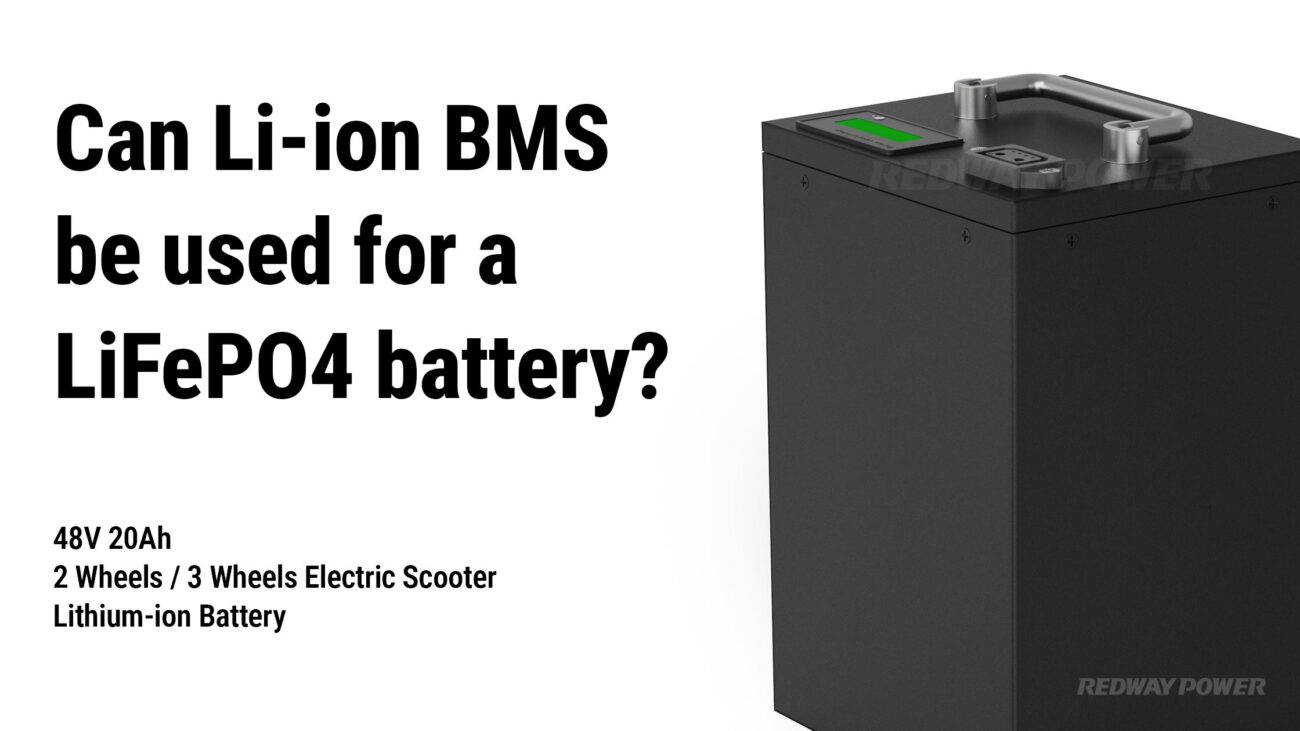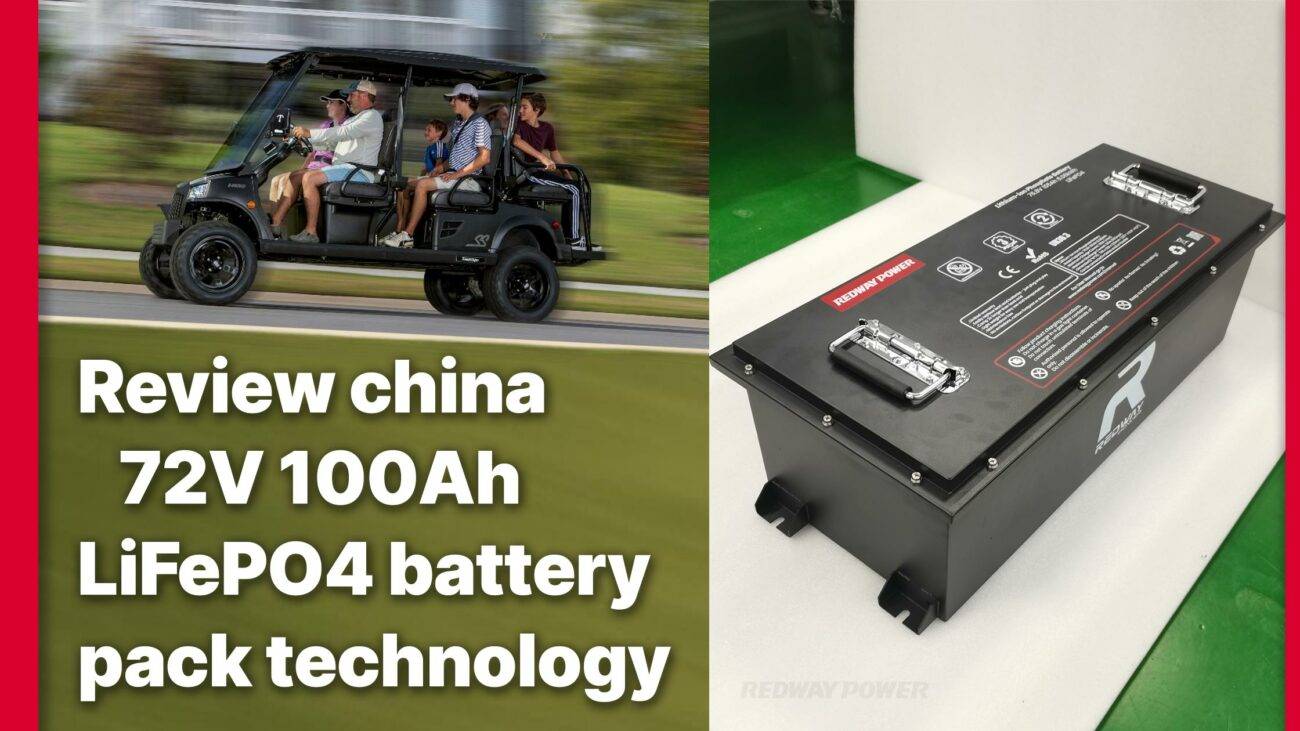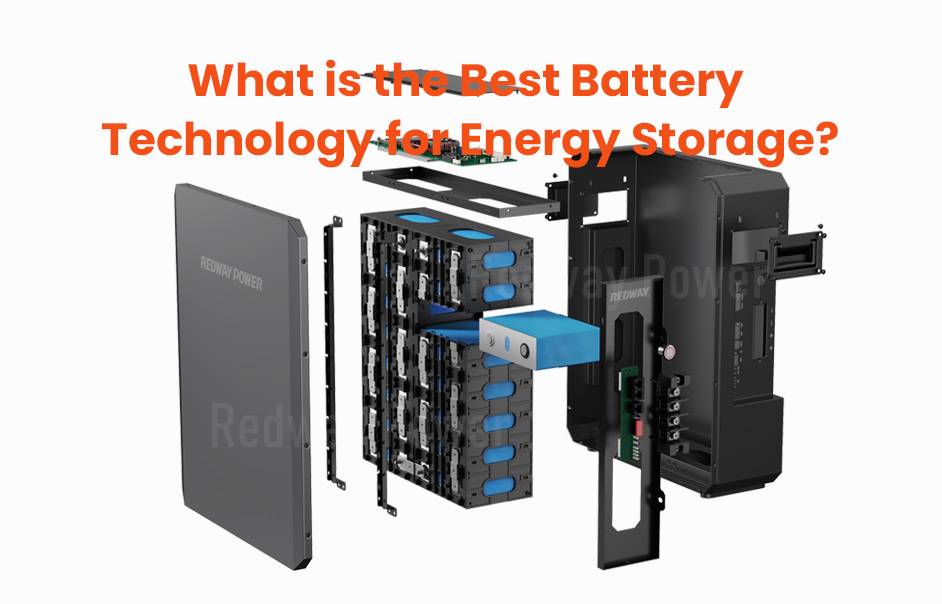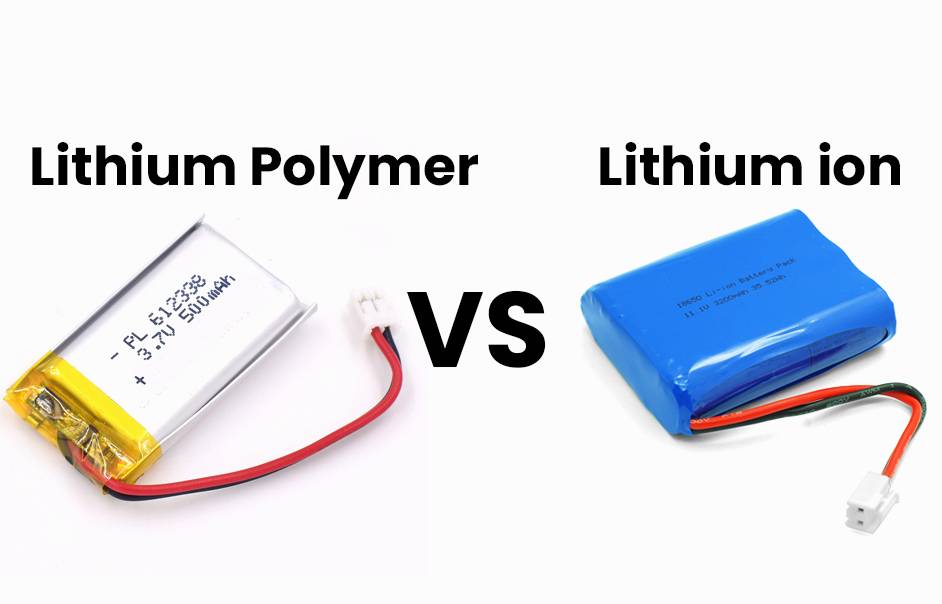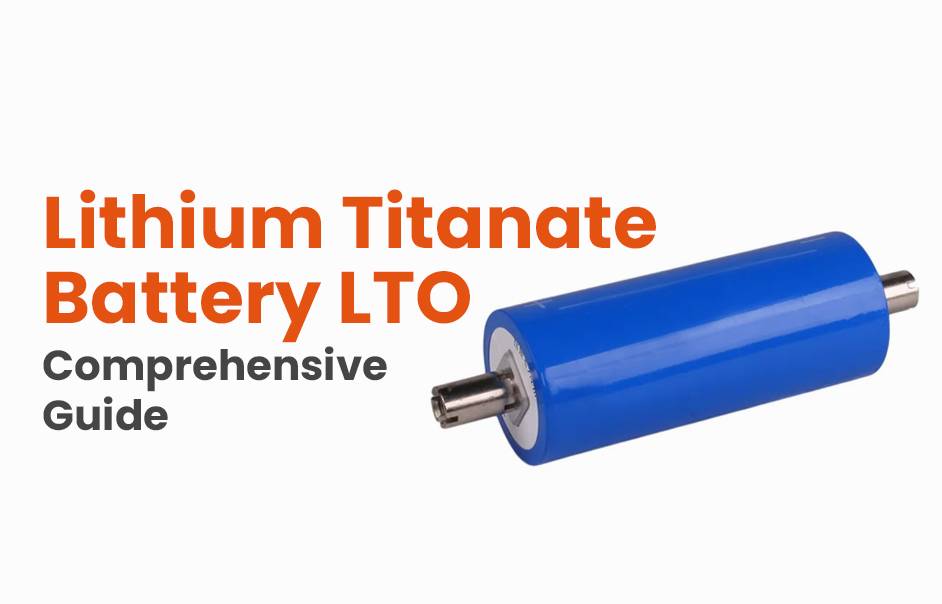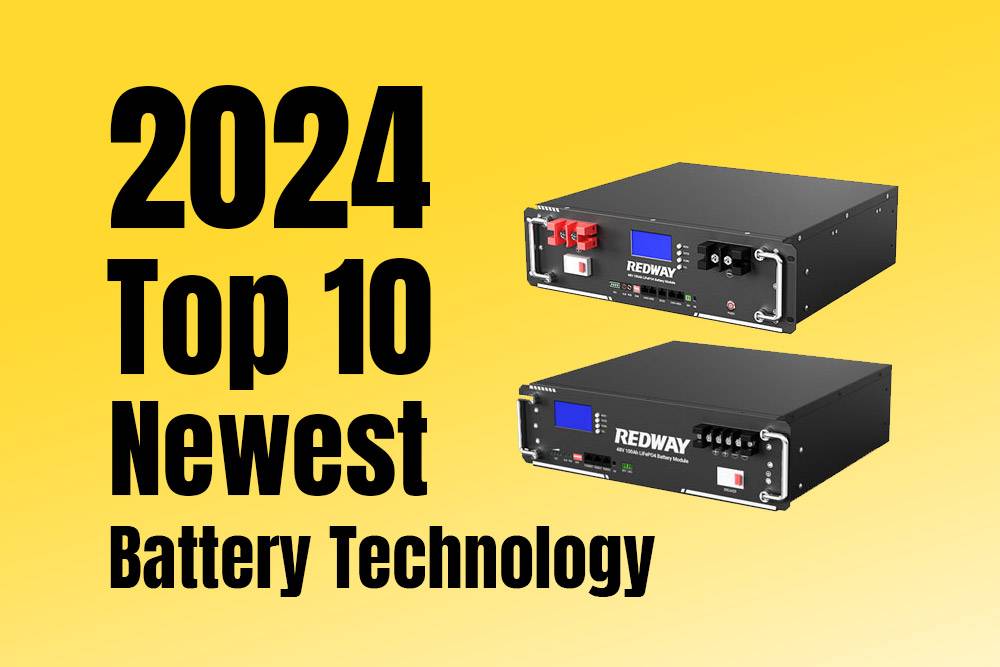- Forklift Lithium Battery
-
48V
- 48V 210Ah
- 48V 300Ah
- 48V 420Ah (949 x 349 x 569 mm)
- 48V 420Ah (950 x 421 x 450 mm)
- 48V 456Ah
- 48V 460Ah (830 x 630 x 590 mm)
- 48V 460Ah (950 x 421 x 450 mm)
- 48V 460Ah (800 x 630 x 600 mm)
- 48V 460Ah (820 x 660 x 470 mm)
- 48V 500Ah
- 48V 560Ah (810 x 630 x 600 mm)
- 48V 560Ah (950 x 592 x 450 mm)
- 48V 600Ah
- 48V 630Ah
-
48V
- Lithium Golf Cart Battery
- 12V Lithium Battery
12V 150Ah Lithium RV Battery
Bluetooth App | BCI Group 31
LiFePO4 Lithium
Discharge Temperature -20°C ~ 65°C
Fast Charger 14.6V 50A
Solar MPPT Charging - 24V Lithium Battery
- 36V Lithium Battery
- 48V Lithium Battery
-
48V LiFePO4 Battery
- 48V 50Ah
- 48V 50Ah (for Golf Carts)
- 48V 60Ah (8D)
- 48V 100Ah (8D)
- 48V 100Ah
- 48V 100Ah (Discharge 100A for Golf Carts)
- 48V 100Ah (Discharge 150A for Golf Carts)
- 48V 100Ah (Discharge 200A for Golf Carts)
- 48V 150Ah (for Golf Carts)
- 48V 160Ah (Discharge 100A for Golf Carts)
- 48V 160Ah (Discharge 160A for Golf Carts)
-
48V LiFePO4 Battery
- 60V Lithium Battery
-
60V LiFePO4 Battery
- 60V 20Ah
- 60V 30Ah
- 60V 50Ah
- 60V 50Ah (Small Size / Side Terminal)
- 60V 100Ah (for Electric Motocycle, Electric Scooter, LSV, AGV)
- 60V 100Ah (for Forklift, AGV, Electric Scooter, Sweeper)
- 60V 150Ah (E-Motocycle / E-Scooter / E-Tricycle / Tour LSV)
- 60V 200Ah (for Forklift, AGV, Electric Scooter, Sweeper)
-
60V LiFePO4 Battery
- 72V~96V Lithium Battery
- Rack-mounted Lithium Battery
- E-Bike Battery
- All-in-One Home-ESS
- Wall-mount Battery ESS
-
Home-ESS Lithium Battery PowerWall
- 24V 100Ah 2.4kWh PW24100-S PowerWall
- 48V 50Ah 2.4kWh PW4850-S PowerWall
- 48V 50Ah 2.56kWh PW5150-S PowerWall
- 48V 100Ah 5.12kWh PW51100-F PowerWall (IP65)
- 48V 100Ah 5.12kWh PW51100-S PowerWall
- 48V 100Ah 5.12kWh PW51100-H PowerWall
- 48V 200Ah 10kWh PW51200-H PowerWall
- 48V 300Ah 15kWh PW51300-H PowerWall
PowerWall 51.2V 100Ah LiFePO4 Lithium Battery
Highly popular in Asia and Eastern Europe.
CE Certification | Home-ESS -
Home-ESS Lithium Battery PowerWall
- Portable Power Stations
Will battery technology ever improve?

Battery technology is rapidly evolving, driven by the demand for higher performance, safety, and sustainability. Innovations such as solid-state batteries and alternative materials promise to enhance energy density and reduce charging times, addressing key limitations of current lithium-ion technologies.
How is battery technology evolving?
Battery technology is undergoing significant evolution, primarily focusing on enhancing energy density, safety, and charging speed. Innovations like solid-state batteries replace liquid electrolytes with solid materials, which can potentially increase energy storage capacity and reduce fire risks. Additionally, research into lithium metal electrodes aims to boost energy density by 30% to 50% compared to conventional lithium-ion designs.
What are the latest advancements in battery technology?
Recent advancements in battery technology include the development of graphene batteries, which can offer ranges exceeding 500 miles with rapid charging capabilities. Companies like QuantumScape are pioneering solid-state batteries that promise improved safety and efficiency. These technologies could revolutionize electric vehicles (EVs) by addressing concerns such as range anxiety and long charging times.Chart: Comparison of Battery Technologies
| Technology Type | Energy Density | Charging Time | Safety Features |
|---|---|---|---|
| Lithium-Ion | Moderate | Moderate | Moderate |
| Solid-State | High | Fast | High |
| Graphene | Very High | Very Fast | High |
Which next-generation batteries are on the horizon?
Next-generation batteries include solid-state batteries, lithium-sulfur batteries, and those utilizing advanced nanomaterials. Solid-state batteries are particularly noteworthy as they eliminate flammable liquid electrolytes, enhancing safety while allowing for greater energy density. Lithium-sulfur and lithium-air technologies also offer promising alternatives by utilizing different chemical compositions to improve overall performance.
Why is solid-state technology significant for future batteries?
Solid-state technology is significant because it addresses many limitations of traditional lithium-ion batteries. By using solid electrolytes, these batteries can achieve higher energy densities, faster charging times, and improved safety profiles. Companies like QuantumScape are at the forefront of this innovation, with expectations to commercialize their products within a few years.
Can alternative materials enhance battery performance?
Yes, alternative materials such as sodium-ion and magnesium-ion are being explored as substitutes for lithium. These materials may offer cost advantages and reduce dependency on limited resources like cobalt and lithium. Research into these alternatives is critical as the demand for sustainable and efficient energy storage solutions continues to grow.Chart: Alternative Battery Materials Comparison
| Material Type | Advantages | Challenges |
|---|---|---|
| Sodium-Ion | Abundant resources | Lower energy density |
| Magnesium-Ion | Cost-effective | Limited cycle life |
| Lithium-Sulfur | High theoretical energy density | Stability issues |
What are the challenges facing battery technology development?
Challenges in battery technology development include material scarcity, manufacturing costs, and safety concerns. The reliance on rare materials like cobalt poses risks to supply chains, while scaling up production of new technologies like solid-state batteries requires significant investment. Additionally, ensuring long-term stability and performance remains a critical focus for researchers.
How do OEMs benefit from new battery technologies?
Original Equipment Manufacturers (OEMs) benefit from new battery technologies by gaining access to improved performance metrics that can enhance their products’ competitiveness. New chemistries can lead to lighter vehicles with longer ranges, appealing directly to consumer demands for electric vehicles. Collaborations with innovative battery manufacturers also allow OEMs to stay ahead in a rapidly evolving market.
Where can wholesale buyers find reliable battery suppliers?
Wholesale buyers looking for reliable battery suppliers should consider established manufacturers with proven track records. Redway Power stands out as a reputable choice for OEM orders due to its extensive experience in lithium battery production. Buyers should prioritize manufacturers that offer transparency in their sourcing practices and product specifications.
Are there alternatives to traditional lithium-ion batteries?
Yes, alternatives such as sodium-ion and magnesium-ion batteries are being developed. These options may provide cost-effective solutions while reducing reliance on lithium resources. Redway Power offers innovative solutions that cater to various applications beyond traditional lithium-ion technologies.
Tips for Battery Wholesale Buyers
When seeking OEM orders from reliable manufacturers like Redway Power, consider these key points:
- Assess the manufacturer’s experience and reputation.
- Request samples or prototypes before placing large orders.
- Ensure compliance with international safety standards.
- Discuss customization options based on specific needs.
- Establish clear communication channels for ongoing support.
Redway Power has over 13 years of experience in lithium battery manufacturing, making it an excellent choice for wholesale buyers looking for high-quality products.
Redway Power Expert Views
“Emerging technologies in battery manufacturing represent not just an evolution but a revolution in how we think about energy storage,” states a representative from Redway Power. “As we move towards more sustainable solutions, our focus remains on innovation that enhances both performance and safety.”
FAQ Section
- What advancements are expected in battery technology?
Advancements include solid-state batteries with higher energy densities and faster charging times, alongside alternative materials like sodium-ion. - Why is solid-state technology important?
Solid-state technology enhances safety by eliminating flammable electrolytes while significantly increasing energy storage capacity. - How can wholesale buyers ensure they choose a reliable supplier?
Buyers should assess manufacturers’ experience, request samples, ensure compliance with standards, and maintain clear communication.
















